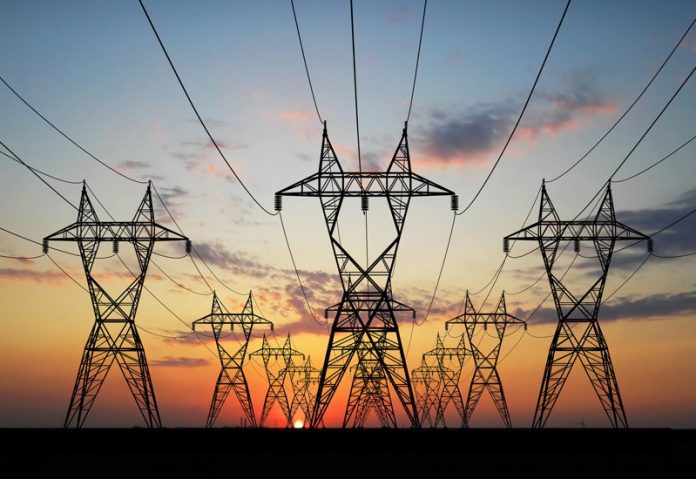Electricity supply in Nigeria improved by 4.3% on Wednesday to 90,480.67MWh compared to 86,760.88MWh recorded in the previous day. This is the highest recorded since the past week when the national grid witnessed a collapse.
Similarly, energy generation peaked at 3,954.2MW on Wednesday, increasing by 1.3% compared to 3,904.6MW recorded in the previous day. In the same vein, off-peak generation increased by 21.2% to 3,553.4MW during the day.
The improvement in energy supply is following the downturn recorded last weekend when electricity supply in the country crashed by 47.3% to 37,440.1MWh, which is the lowest level since the recovery from the national grid collapse in March.
However, power generation and supply have seen improvements in the past four days, as the TCN restored the affected grids, which caused blackouts in some areas of the country over the weekend. Despite the improvement in energy supply and generation is still way below desired levels as Nigeria requires at least 105,000MWh of daily supply.
Highlight (13th April 2022)
- Peak generation – 3,954.2MW (+1.3%)
- Off-peak generation – 3,553.4MW (+21.2%)
- Energy generated – 91,493.17MWh (4.2%)
- Energy sent out – 90,480.67MWh (+4.3%)
Also, the highest frequency for the day was 50.53Hz, while the lowest frequency was 49.28Hz.
Why the power disruption?
According to the Minister of Power, Aliyu Abubakar, the national grid collapsed as a result of vandals, who disrupted the transmission tower between Akwa Ibom and Cross River states, leading to yet another blackout.
The grid, which has collapsed several times this year, collapsed at about 6:30 pm on Friday and crashed again at about 8:30 pm, causing power outages in many parts of the country.
Abubakar said, “While a detailed investigation into the immediate and remote causes of the recurring grid failure is currently ongoing by the Nigerian Electricity Regulatory Commission and System Operator (the operator of the national grid), the process of restoring supply is ongoing with some sections of the national grid already energised, and supply restored to consumers.”
“Further to our earlier press release, we wish to apprise the general public that the immediate cause of the national blackout (system collapse) was an act of vandalism on a transmission tower on the Odukpani — Ikot Ekpene 330kV double circuit transmission line thus resulting in a sudden loss of about 400MW of generation. This consequently led to a cascade of plants shut down across the country.”
“We wish to notify the public that power on the grid is being restored sequentially by the system operator as other on-grid power plants are being dispatched to cover the lost generation capacity from the Calabar power plant owned by the Niger Power Holding Company Ltd.”
Why this matters
Electricity is an essential need of many Nigerians and their businesses, especially given the surge in the price of diesel and recent fuel scarcity across the country.
- The resumption of some normalcy in the supply of electricity will go a long way in serving as a succour for the Nigerian populace.






